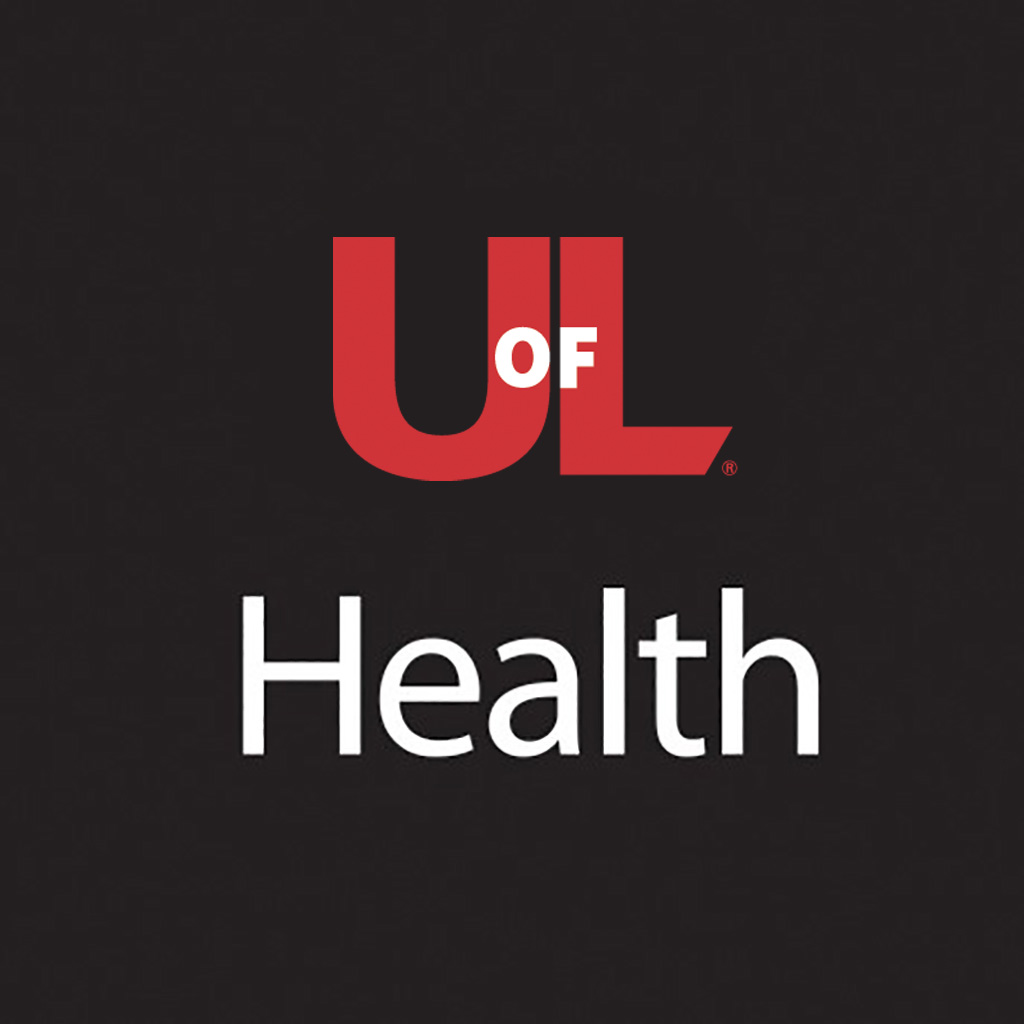
When you’re diagnosed with cancer, it can be very overwhelming. What do you do next? Whether you’ve just received news of the diagnosis or you’re considering treatment options, it’s natural to feel uncertain about what comes next.
Do you immediately go with what your doctor recommends? Do you wait and see? One of the most empowering steps you can take is asking for a second opinion.
When is the Right Time to Get a Second Opinion?
“A second opinion can be helpful any time during a patient’s cancer treatment journey,” said Mohamed Hegazi, M.D., director of the Blood Cancers, Cellular Therapeutics & Transplant Program at UofL Health – Brown Cancer Center.
You may find it helpful to get a second opinion when:
-
You’re given a new diagnosis.
After a new diagnosis is reached, especially if it’s rare or aggressive, a second opinion can help confirm the diagnosis, as well as the type and stage of cancer.
-
It’s time for a major treatment decision.
If you’re about to make a major decision—surgery, chemotherapy, radiation therapy, immunotherapy or a clinical trial—it’s smart to ask other experts to weigh in on the risks and benefits.
-
There is a change in treatment.
If treatment stopped working or toxicities from treatment develop leading to a proposed change in treatment, a second opinion could open the door to other options.
-
You’re unsure if the proposed treatment plan is right for you.
If you’re not comfortable with your proposed treatment plan, confused, not sure it’s right for you or simply want to know all your options, another doctor’s review of your case can empower you to collaborate on a plan with your cancer team.
-
You have a rare or aggressive type of cancer.
If you have a cancer that is rare or aggressive, ask for a second opinion from an expert who has experience with cases like yours. Not all doctors have experience with every type of cancer, and it’s important to find a multidisciplinary team focused on your type of cancer.
-
You’re considering a clinical trial.
An academic cancer center will have access to the latest treatments that aren’t yet considered the standard of care. Consider a second opinion to see if a clinical trial is right for you, but also make sure you know all the risks and benefits.
How Can a Second Opinion Help Me?
Cancer is complex and different doctors have different perspectives, depending on their specialty and access to advanced treatment options.
“Patients should always seek a second opinion and there is not a right or wrong time to do that,” Neal Dunlap, M.D., chair of radiation oncology at Brown Cancer Center, said. “Not all centers can offer access to the same treatment options, especially novel therapies like those offered through clinical trials.”
A second opinion can also:
- Confirm your diagnosis
- Give better understanding of side effects and outcomes
- Present new treatment options (such as those offered through clinical trials or utilizing technology that other centers may not offer)
- Be helpful to confirm a treatment plan, giving you confidence and peace of mind in your decision
- Strengthen your care team by combining a multidisciplinary approach
How Do I Get a Second Opinion?
You are your best advocate for your care. Ask questions, explore your options and make an informed decision. Ask for a second opinion at UofL Health – Brown Cancer Center.
Call 502-562-HOPE (4673) to start the process of getting your second opinion.









